Retro Replay Review
Gameplay
Flowers Story: Fairy Quest presents a fresh twist on the match-three genre by having you rotate clusters of three flowers instead of swapping adjacent pieces. This simple mechanic opens up a surprising level of depth: you must plan your rotations carefully to avoid over-twisting delicate blooms, since each flower can only endure a limited number of spins before it withers away. Ten withered flowers mean you lose the level, so maintaining a balance between aggressive matching and flower preservation becomes a constant puzzle.
(HEY YOU!! We hope you enjoy! We try not to run ads. So basically, this is a very expensive hobby running this site. Please consider joining us for updates, forums, and more. Network w/ us to make some cash or friends while retro gaming, and you can win some free retro games for posting. Okay, carry on 👍)
Objectives shift regularly to keep you on your toes. Some stages ask you to collect a specific quota of roses, daisies or lilies, while others require you to assemble intricate bouquets by matching flowers in precise patterns. The inclusion of occasional cobweb-clearing tasks and crafting flower mosaics adds another strategic layer—choosing which task to prioritize becomes part of the fun. These varied goals prevent the core mechanic from feeling repetitive.
Beyond the main board, Fairy Quest offers bite-sized mini-games that act as palate cleansers. A memory challenge tests your recall of flower arrangements, while a hovering-flower plucking game adds a light-hearted, reflex-based diversion. These breaks not only provide welcome variety, but also reward you with bonus gold or power-ups to use in tougher levels.
The game features both a narrative-driven campaign and a classic survival mode. In survival, you’re dropped into an endless field of blooms and tasked with racking up the highest score before the field overflows or too many flowers die. This mode is perfect for quick sessions and leaderboard chasers, while the campaign’s progressive difficulty and branching map paths cater to players who enjoy steady pacing and story development.
Graphics
Visually, Flowers Story: Fairy Quest is a delight. The art style leans into a whimsical, storybook aesthetic, with pastel hues and hand-drawn details that evoke the feeling of wandering through an enchanted meadow. Each flower type is distinct—roses flaunt velvety reds, daisies shine bright whites, and exotic blossoms feature delicate gradient shading.
Animations are smooth and expressive. When you successfully match a bouquet, flowers burst apart in colorful petals, leaving a satisfying visual flourish. Even the withering process is handled gracefully: a drooping animation and subtle color fade convey the urgency without feeling overly punitive. Cutscenes and map-screen transitions carry the same charming quality, complete with animated butterflies and drifting leaves.
The user interface keeps things clear and uncluttered. Level goals and remaining moves are displayed unobtrusively, while helpful tooltips guide new players through core mechanics. Mini-games and menu screens maintain the same art direction, creating a cohesive visual experience from start to finish.
One minor drawback is occasional slowdown on underpowered devices during heavy animation sequences, particularly when many matches happen simultaneously. However, most modern PCs and consoles handle the game fluidly, and graphical options allow you to tone down particle effects if necessary.
Story
The narrative centers on a young fairy eager to earn her wings and amass some gold along the way. You’ll traverse a colorful map dotted with towns, enchanted forests, and mysterious ruins, each location offering unique challenges and side quests. As you progress, you craft bouquets for townsfolk, collect cobwebs for friendly spiders, and assemble flower mosaics to unlock hidden shrines.
Interactions with NPCs are light but charming. A cast of quirky characters—including a forgetful alchemist, a timid woodland sprite, and a grumpy gardener—offer dialogue that adds personality without bogging down the main puzzle action. Occasional moral choices, such as whether to free trapped fairies from tentacled plants immediately or save your resources for gold, give you a sense of agency in how the story unfolds.
Branching paths on the map encourage replayability. Choose a side quest that leads you through a moonlit grove, or take the direct route to the next major town—each decision affects which characters you meet and which challenges you face. While the overarching goal remains consistent (earning wings and wealth), these detours fill out the world and reward exploration.
Though the story doesn’t delve into deeply emotional territory, it strikes a pleasant balance between lighthearted whimsy and the satisfaction of gradual progression. If you’re looking for an epic fairy tale, this may feel brief, but for a puzzle-focused adventure with a touch of narrative charm, it delivers.
Overall Experience
Flowers Story: Fairy Quest offers a well-rounded package for fans of casual yet strategic puzzle games. Its core mechanic is easy to learn but hard to master, thanks to the flower-health system that forces you to think twice before every rotation. The mix of main missions, mini-games, and survival mode ensures that long play sessions never feel stale.
Visually and audibly, the game fosters a relaxing atmosphere. Soft background music, gentle sound effects, and delightful animations make each match feel rewarding. Whether you’re aiming for a high score in survival or methodically working through the campaign’s map, the presentation keeps you engaged without high stress.
Replayability is strong thanks to branching campaign routes, unlockable mini-games, and leaderboard challenges. Casual players will appreciate the forgiving difficulty curve in early levels, while puzzle enthusiasts can test their skills in later campaign stages and in survival mode. The occasional performance hiccup on older hardware is a small price to pay for a generally polished title.
In summary, Flowers Story: Fairy Quest is an enchanting puzzle adventure that blends accessible mechanics with strategic depth, all wrapped in a charming fairy-tale package. It’s well worth the time for anyone seeking a relaxing yet mentally stimulating gaming experience.
 Retro Replay Retro Replay gaming reviews, news, emulation, geek stuff and more!
Retro Replay Retro Replay gaming reviews, news, emulation, geek stuff and more!
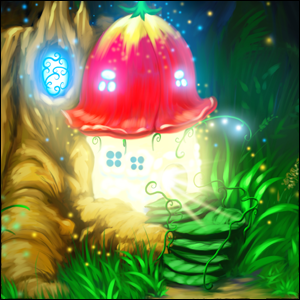
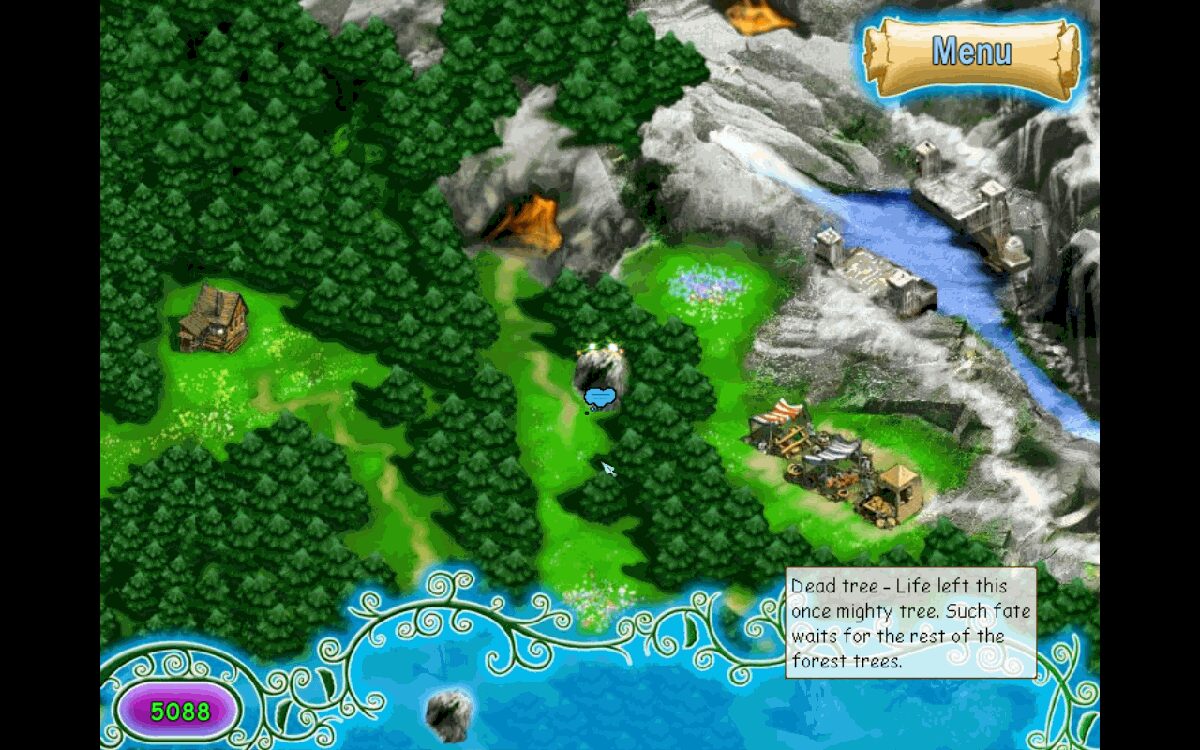
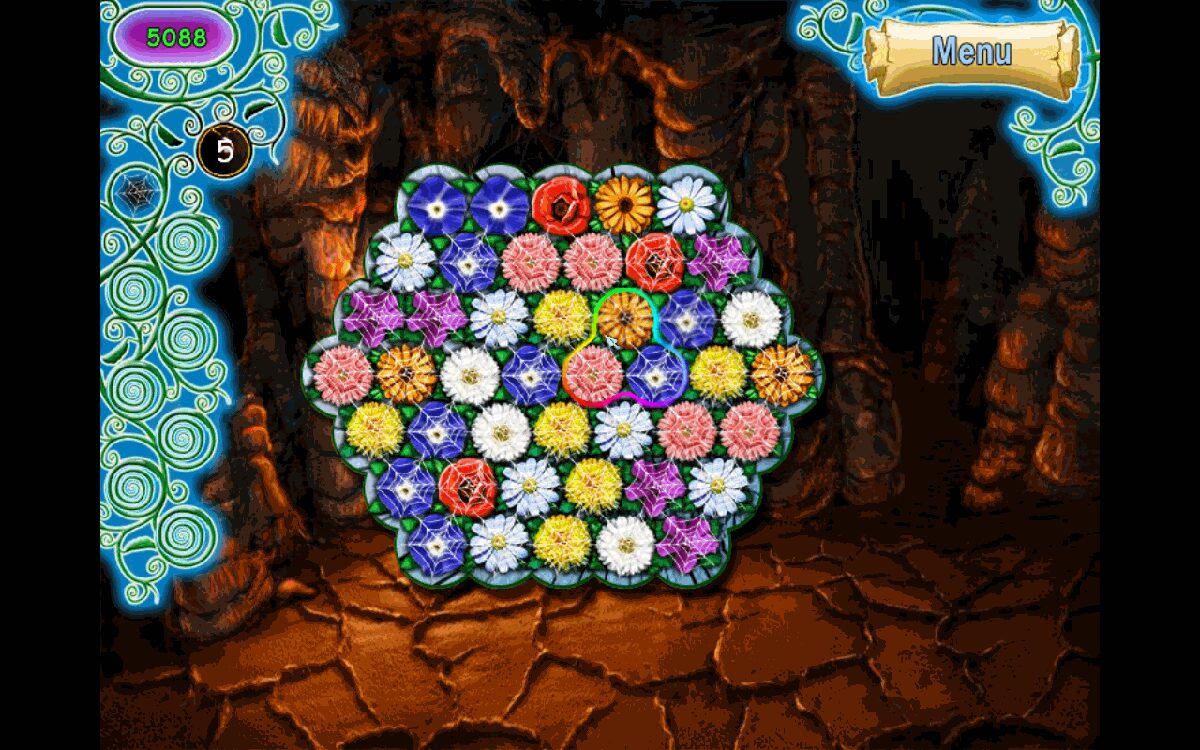

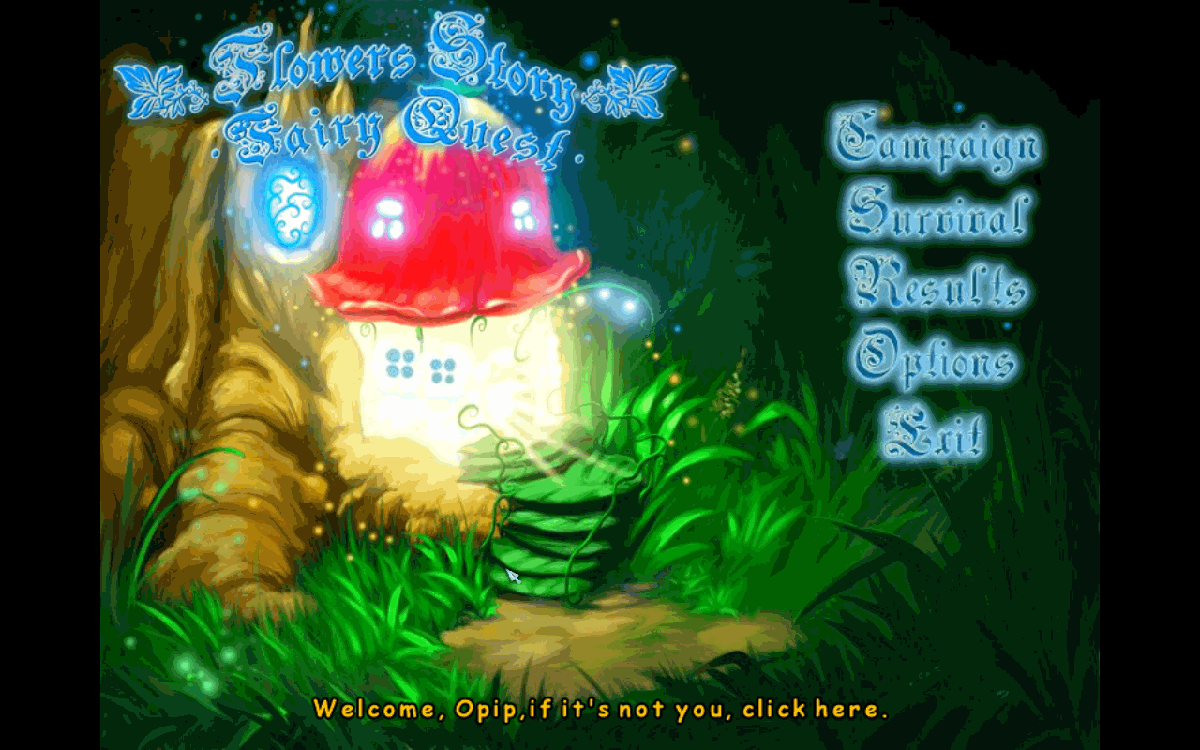
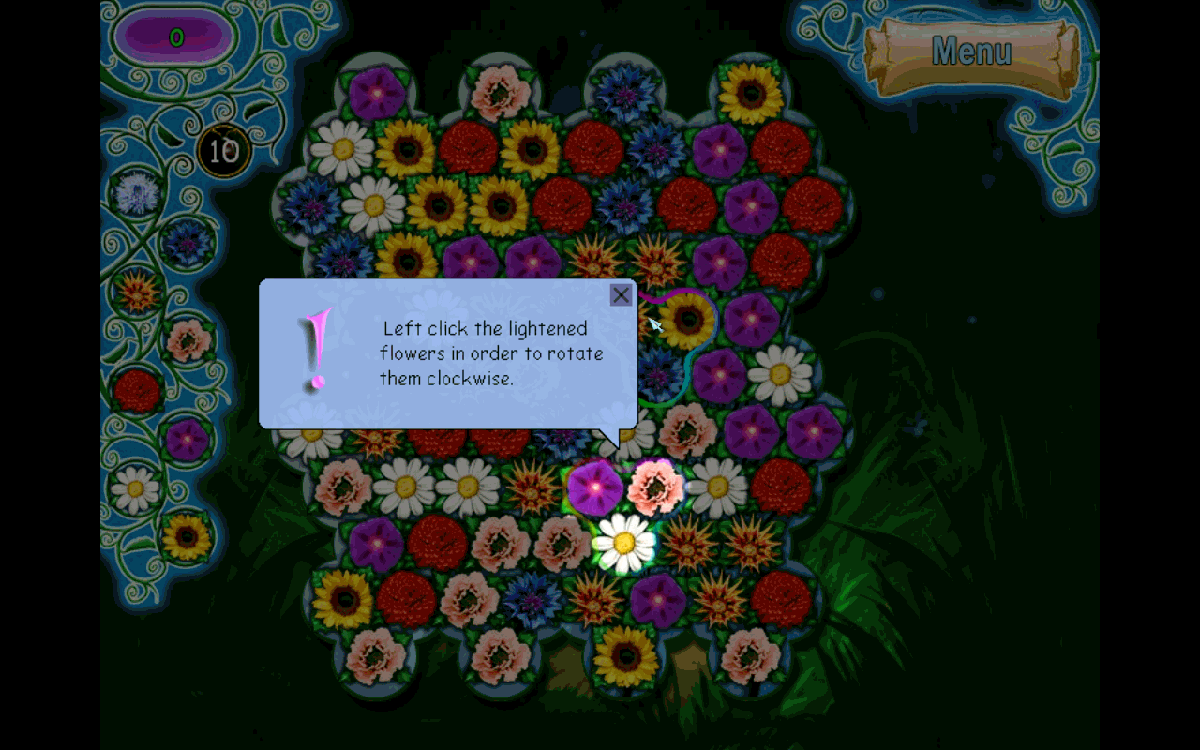



Reviews
There are no reviews yet.